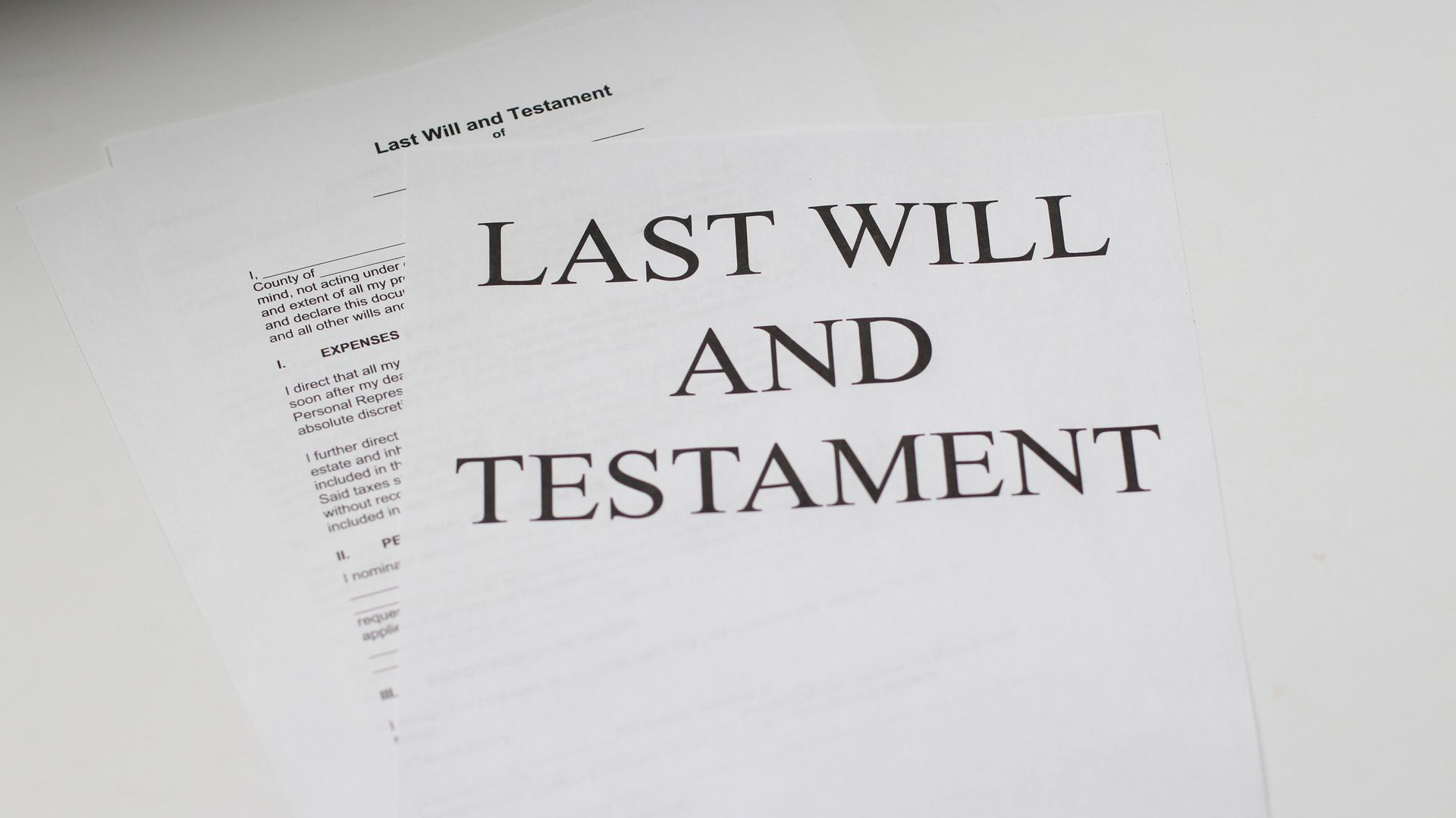Revoking an LPA (Lasting Power of Attorney)
Revoking a Lasting Power of Attorney
A Lasting Power of Attorney (LPA) is a legal document that allows a person (called the donor) to appoint someone they know and trust (called the attorney) to make decisions on their behalf should they become unable to do so in the future. However, there may be occasions when the LPA needs to be changed and revoked.
How can an LPA end?
An LPA can come to an end if the donor’s attorney:
No longer has capacity
Divorces the donor or ends the civil partnership (where the attorney is the husband, wife or civil partner)
Becomes bankrupt or is subject to a debt relief order in the case of a property and financial affairs attorney
Is removed by the Court of Protection
Dies
Why would an LPA need to be revoked?
An LPA may need to be revoked for several reasons, including:
Appointing a new attorney – the donor may want to appoint a new attorney or change the powers given in the LPA to the attorneys.
Conflict of interest – a conflict of interest may arise between the donor and attorney where the attorney may benefit in some way from a decision that they are making on behalf of the donor, so the donor may choose someone else.
Loss of trust or confidence – the donor may no longer trust the chosen attorney, there may be a breakdown in the relationship, or the attorney may make decisions that go against the donor’s wishes or does not act when the donor needs them to which means there is a need to revoke their appointment as attorney.
Change in circumstances – the donor may have a change in their circumstances such as a new relationship, children, change in health or an attorney may no longer be able to carry out their duties which may require a change or lead to the need to revoke the LPA.
Misconduct or LPA abuse – if the donor has concerns about the attorney abusing their position, they might seek to revoke the LPA.
How to revoke an LPA
It is important to note that an LPA can only be revoked if the donor has the mental capacity to do so.
Please contact us on 01206 544919 or 0800 0747 642 to discuss your requirements




